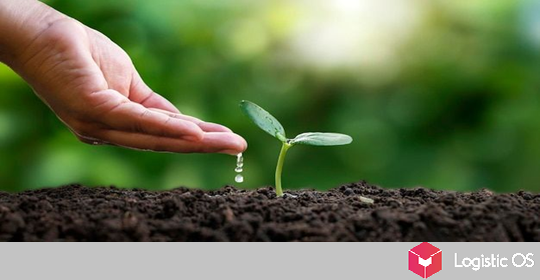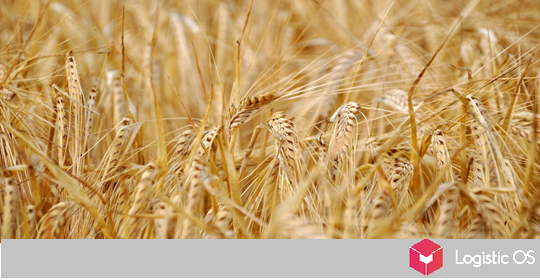As part of its move away from imports, France plans to implement an ambitious plan to build its own plant that will produce nitrogen fertilizers.
Currently, France supplies from abroad, in particular from Russia, a very large volume of nitrogen fertilizers. Moreover, in recent years this volume has only been growing.
For example, in 2023 the volume of supplies exceeded 725 thousand tons. It is noteworthy that this is more than until 2022 (442 thousand tons).
Thus, despite the declared policy in the European Union of moving away from imports from Russia, in practice it not only does not decrease, but even increases severalfold.
In this regard, France is thinking about building its own plant, which will operate according to the principles adopted in the European Union, first of all, we are talking about environmental friendliness and minimal carbon dioxide emissions.
It is planned that the plant will be built by 2030 and will be able to produce up to 500 thousand tons of nitrogen fertilizers annually. This is about 15% of France’s domestic needs and is comparable to the volume imported from Russia, experts say.
However, the final decision on the construction of the plant has not yet been made; it can only be expected in 2026.
The cost of the project is quite large and is estimated at 1.3 billion euros. The plant will create 250 jobs. It is expected that it will be built in the north of the country, in Langevoisin. This was announced by French Secretary of State for Industry Roland Lescure.
In general, the European Union is today seriously thinking about import substitution in sensitive areas.
For example, for this purpose, the European consortium “FertigHy” was founded in June 2023. It includes energy companies from Italy and Spain, as well as the French association of agricultural cooperatives and the German company Siemens.
Green electricity companies are expected to play a critical role in getting the new plant up and running.
It is emphasized that its products are likely to be more expensive than imported ones, including those supplied from Russia. But if we talk about competitiveness within the European Union, then it should turn out to be competitive.
Interestingly, in France they also want to launch the N-VERT project.
Its goal is to enable farmers to become self-sufficient by producing the required nitrogen fertilizers in the right quantities themselves.
However, how effective and cost-effective such production will be has not yet been revealed.

